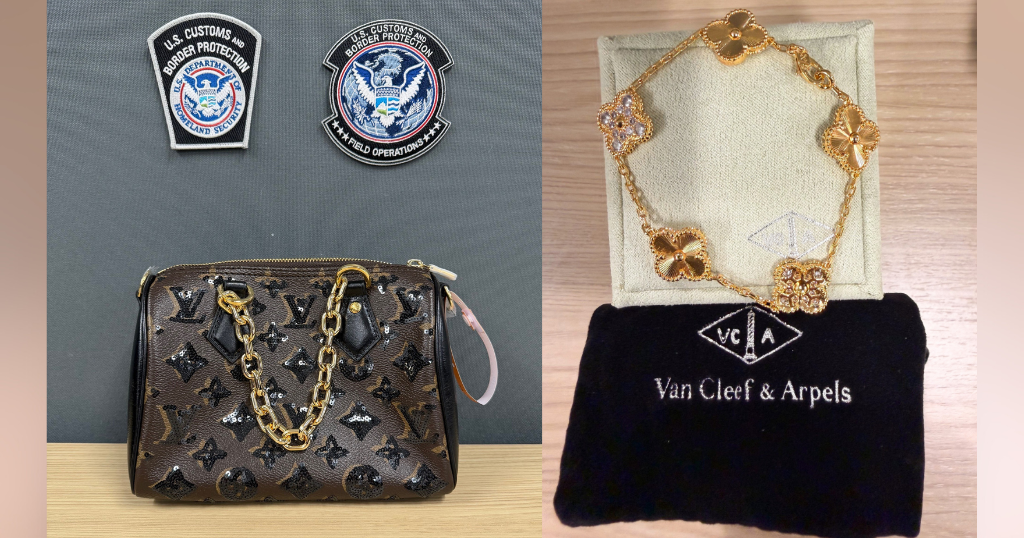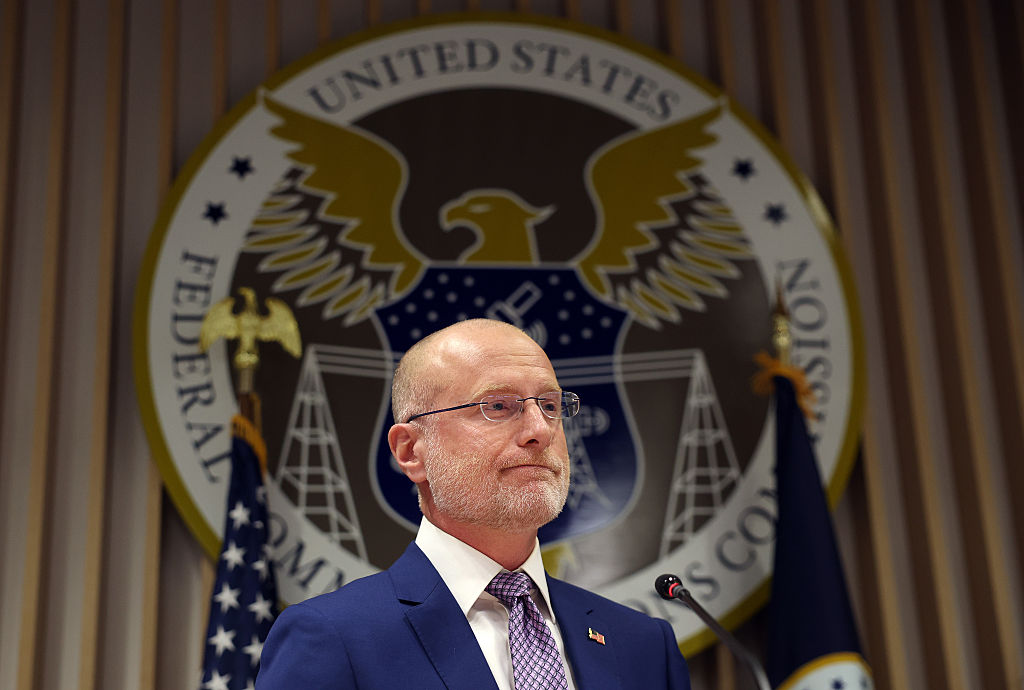Counterfeit products flood internet ahead of holidays
The COVID-19 pandemic has driven even more consumers to do their shopping online, particularly around the holidays, in order to avoid in-store contact. But making purchases over the internet can be risky, too.
Take Aaron Muderick, founder of Crazy Aarons magnetic putty, who on Tuesday told a Senate committee that listings for products that imitate his made by overseas manufacturers have cropped up online. He testified that hundreds of third-party sellers are selling counterfeit — and unsafe — versions of his putty.
"These bad actors often sell unsafe goods which do not meet the stringent federal safety standards required of legitimate producers," Muderick said.
For example, a magnet used in Crazy Aarons' product is large enough that it doesn't present a choking hazard. But magnets used in other online products fit easily inside a tube used to measure unsafe product components, CBS News correspondent Elise Preston reported.
The Organisation for Economic Co-operation and Development's latest report on counterfeit and pirated goods shows that such products have proliferated with the rise of ecommerce, and now make up more than 3% of all global trade. The sale of these counterfeit goods can hurt legitimate companies' sales as well as consumers.
As a result, Congress is considering legislation, called the Inform Act, that is designed to curtail the sale of counterfeit goods online and requires marketplaces to verify sellers' identities
Amazon, Etsy and Ebay, all members of the Internet Association, a lobbying group, each endorse the House version of the bill.



